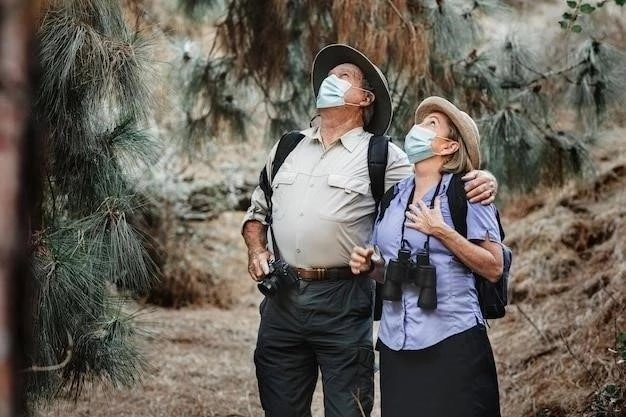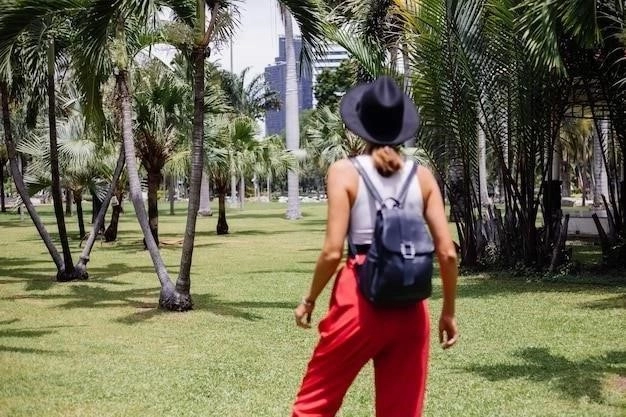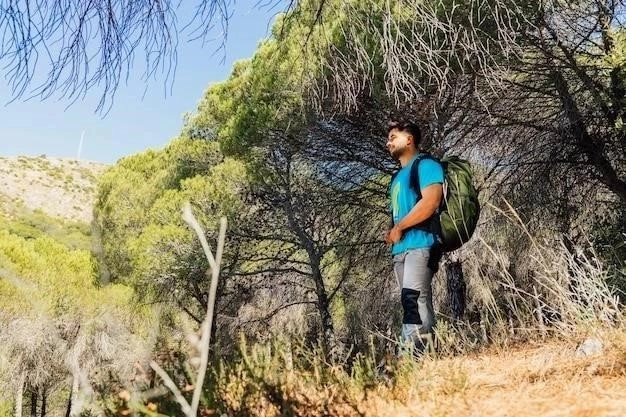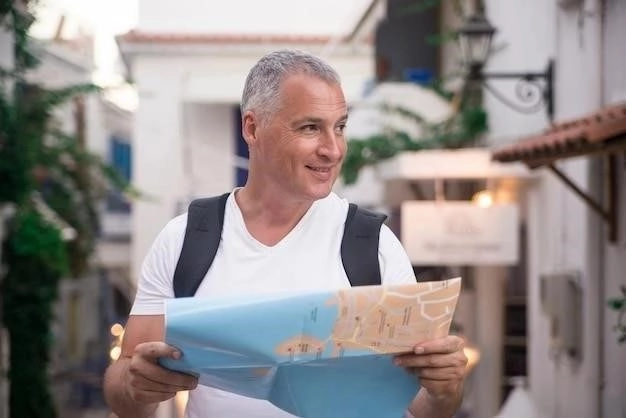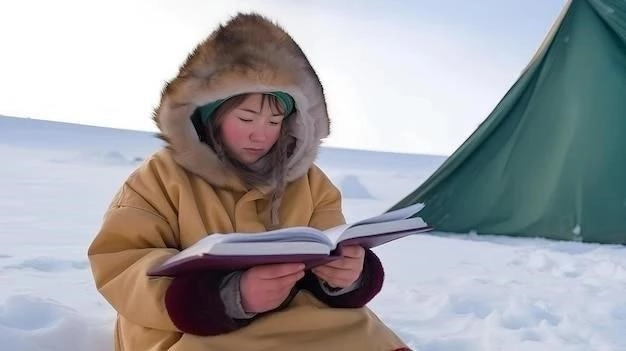Embark on an unforgettable journey to Zimbabwe, a landlocked country in Southern Africa renowned for its stunning natural beauty, diverse wildlife, and captivating cultural heritage. This comprehensive travel guide will provide you with essential information and insights to plan an extraordinary adventure in Zimbabwe.
Planning Your Trip
A well-structured itinerary is paramount to maximize your experience in Zimbabwe. Begin by identifying your interests, whether it’s witnessing the awe-inspiring Victoria Falls, embarking on a wildlife safari in Hwange National Park, or delving into the ancient history of Great Zimbabwe.
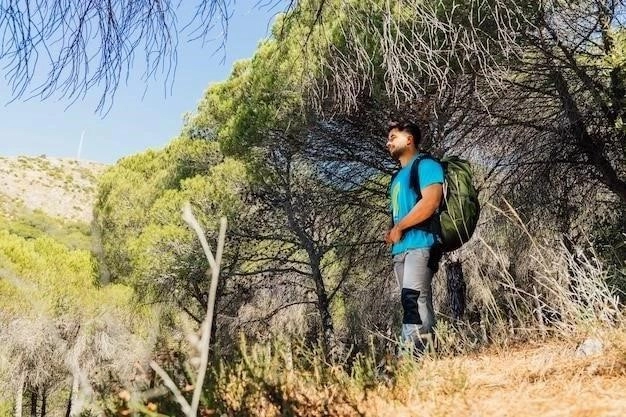
Research the optimal time to visit based on your preferences, considering factors such as weather conditions and wildlife viewing opportunities. The dry winter months (May to October) offer pleasant temperatures and excellent game viewing, while the summer months (November to April) bring lush landscapes and potential for birdwatching.
Once you have a general idea of your desired travel dates and destinations, secure flights to Zimbabwe’s main international airport, Robert Gabriel Mugabe International Airport (HRE), located near Harare. It is advisable to book flights and accommodations well in advance, especially during peak tourist seasons.
Consider engaging the services of a reputable tour operator, particularly if you are short on time or prefer a more structured itinerary. They can assist with logistics, transportation, and curated experiences tailored to your interests.
Lastly, familiarize yourself with the visa requirements, currency exchange rates, and any necessary vaccinations or health precautions to ensure a smooth and enjoyable journey.
Visa and Entry Requirements
Prior to your departure for Zimbabwe, it is essential to ensure you possess the necessary documentation for entry. Citizens of most countries require a visa to visit Zimbabwe, which can be obtained either upon arrival at designated ports of entry or in advance from Zimbabwean embassies or consulates.
To apply for a visa, you will typically need a valid passport with at least six months of remaining validity, proof of onward travel arrangements, sufficient funds to cover your stay, and a completed visa application form. Visa fees vary depending on your nationality and the type of visa sought.
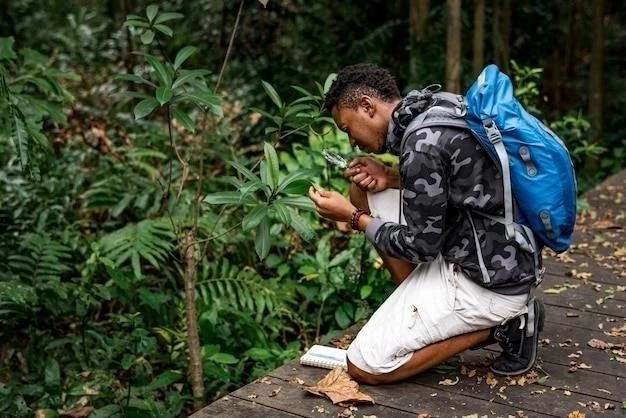
It is highly recommended to verify the latest visa regulations and fees with the nearest Zimbabwean embassy or consulate well in advance of your intended travel dates, as requirements can change. Additionally, ensure your passport has at least two blank pages for visa endorsements.
Upon arrival in Zimbabwe, you will need to present your passport, visa (if applicable), and completed immigration forms. Immigration officials may also ask questions regarding the purpose and duration of your visit, as well as your accommodation arrangements.
It is important to note that visa regulations can change, so it is always advisable to check with the relevant authorities for the most up-to-date information before your trip.
Currency and Money Matters
Zimbabwe’s official currency is the Zimbabwean Dollar (ZWL), which was reintroduced in 2019. However, the US dollar (USD) is widely accepted and often preferred for transactions, particularly in tourist areas and for larger purchases.
It is advisable to carry a combination of USD and ZWL for convenience. You can exchange currency at banks, bureaux de change, and some hotels. ATMs are available but may have limited cash availability or long queues. Credit cards are generally accepted in major cities and tourist establishments but may not be reliable in remote areas.
When exchanging currency, it’s essential to do so at authorized outlets to avoid scams and ensure fair exchange rates. Keep in mind that using informal money changers is illegal and can be risky. It’s also a good idea to notify your bank of your travel plans to prevent any issues with card usage while abroad.
Tipping is customary in Zimbabwe, particularly in the tourism industry. A general guideline is to tip around 10% of the bill in restaurants, while guides and porters typically expect a small gratuity for their services.
Best Time to Visit
Zimbabwe offers a year-round destination appeal, with each season presenting a unique facet of its natural beauty and wildlife spectacles. Determining the best time to visit depends largely on your priorities and preferred experiences.
For optimal wildlife viewing, the dry winter months from May to October are ideal. During this period, vegetation thins out, water sources become scarcer, and animals congregate around rivers and waterholes, making them easier to spot. The cooler temperatures also make for pleasant game drives and bush walks.
If you’re seeking lush landscapes and vibrant birdlife, the summer months from November to April offer a verdant paradise. The rains transform the scenery, painting it in shades of emerald green. This is also the time when migratory birds flock to Zimbabwe, creating a birdwatcher’s delight. However, be prepared for occasional afternoon showers and higher humidity.
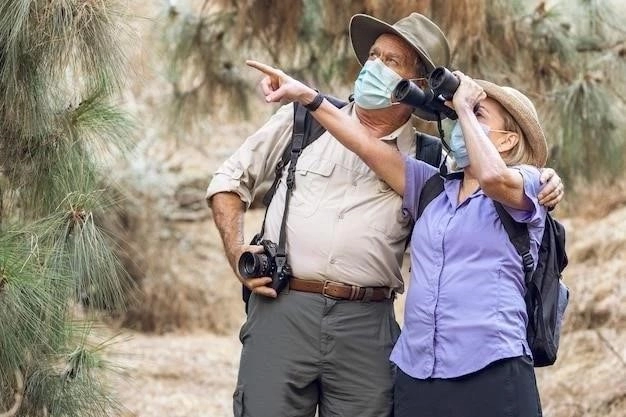
Shoulder seasons, particularly April-May and September-October, offer a balance of pleasant weather and wildlife viewing opportunities, often with fewer crowds and more affordable rates.
Health and Safety
Prioritizing your health and safety is paramount when traveling to Zimbabwe. Consult with your healthcare provider well in advance of your trip to receive any necessary vaccinations and discuss appropriate health precautions. Routine vaccinations, such as hepatitis A and B, typhoid, and tetanus, are recommended, while malaria prophylaxis is advised for most travelers, especially during the rainy season.
Pack a comprehensive medical kit containing essential medications, insect repellent with DEET, sunscreen, and first-aid supplies. It’s advisable to drink bottled water, avoid consuming ice from unknown sources, and ensure food is thoroughly cooked to minimize the risk of waterborne illnesses.
While Zimbabwe is generally a safe destination for tourists, it’s essential to exercise caution and adhere to basic safety guidelines. Be aware of your surroundings, particularly in crowded areas and at night. Avoid displaying large amounts of cash or expensive jewelry, and keep your valuables secure.
It’s advisable to use reputable transportation services and avoid traveling alone at night, especially in remote areas. Stay informed about local conditions and any potential safety concerns through official travel advisories.
Getting There and Getting Around
Zimbabwe is accessible via its primary international airport, Robert Gabriel Mugabe International Airport (HRE), situated near Harare. Numerous international airlines offer flights to HRE, connecting Zimbabwe to major hubs worldwide. Domestic flights are available for travel between major cities and towns within the country, offering a convenient way to cover longer distances.
Once you arrive in Zimbabwe, various transportation options are at your disposal. Car rentals are readily available, providing flexibility for independent travelers. However, road conditions can vary, and driving at night is generally discouraged. Alternatively, hiring a private driver or joining organized tours can alleviate the challenges of self-driving.
Buses are a common mode of transportation for both locals and tourists, offering an affordable way to travel between cities and towns. Minibuses, known as “kombis,” provide a more informal and often faster but less comfortable option for shorter journeys within urban areas.
For a unique experience, consider traveling on the scenic railway network, particularly the route between Bulawayo and Victoria Falls.
Accommodation
Zimbabwe offers a diverse range of accommodation options to suit every budget and preference, from luxurious safari lodges to cozy guesthouses and budget-friendly backpacker hostels. Choosing the right accommodation can enhance your overall travel experience.
For a truly immersive wildlife experience, consider staying at one of Zimbabwe’s renowned safari lodges or camps. Located in or near national parks and wildlife reserves, these establishments provide unparalleled access to game viewing opportunities and often include guided game drives, bush walks, and other activities in their rates.
In major cities and towns, you’ll find a variety of hotels, ranging from international chains to locally owned boutique establishments. These offer comfortable accommodations with amenities such as restaurants, bars, and swimming pools. Guesthouses and bed and breakfasts provide a more personalized and intimate experience, often with charming hosts who can offer local insights and recommendations.
Budget travelers can opt for backpacker hostels, which offer dormitory-style or private rooms at affordable prices. These hostels often have communal areas where you can socialize with fellow travelers and access shared kitchen facilities.
Things to See and Do
Zimbabwe offers a wealth of captivating experiences for every type of traveler, from adrenaline-pumping adventures to cultural immersion and tranquil encounters with nature.
Witness the awe-inspiring Victoria Falls, one of the Seven Natural Wonders of the World, and feel the thunderous roar of water cascading over the precipice. Embark on a thrilling bungee jump, white-water rafting expedition, or helicopter ride for a different perspective of this natural wonder.
Discover the diverse ecosystems and abundant wildlife of Hwange National Park, home to elephants, lions, leopards, and countless other species. Explore the park on game drives, guided walks, or horseback safaris for an unforgettable wildlife encounter.
Delve into Zimbabwe’s rich history and cultural heritage at Great Zimbabwe National Monument, a UNESCO World Heritage site. Explore the ruins of a medieval city built by the Shona people, marvel at the impressive stone structures, and learn about the ancient civilization that once thrived here.
Escape to the serene beauty of Lake Kariba, one of the world’s largest man-made lakes, and enjoy a relaxing houseboat cruise. Go fishing for tigerfish, spot wildlife along the shoreline, or simply soak up the tranquility of this scenic destination.
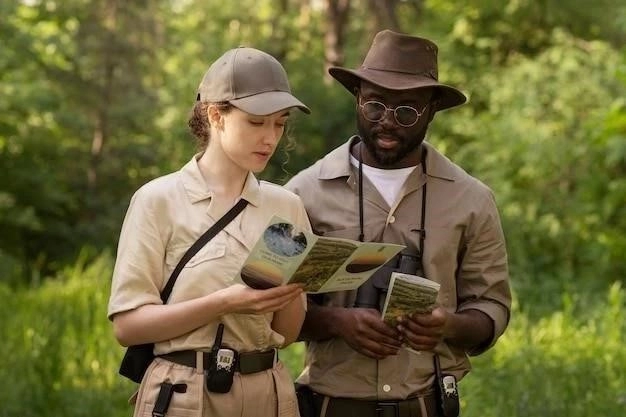
Victoria Falls
Victoria Falls, locally known as “Mosi-oa-Tunya” (the smoke that thunders), is an awe-inspiring spectacle that embodies the untamed beauty and power of nature. This UNESCO World Heritage Site, shared by Zimbabwe and Zambia, is one of the world’s most impressive waterfalls, captivating visitors with its sheer scale and grandeur.
From the Zimbabwean side, you can witness the falls in their full glory as the Zambezi River plunges dramatically over a basalt cliff into a narrow gorge. The roar of the water and the plumes of mist rising from the chasm create an unforgettable sensory experience. Take a leisurely stroll through the rainforest flanking the falls, stopping at various viewpoints to admire the different perspectives and capture breathtaking photographs.
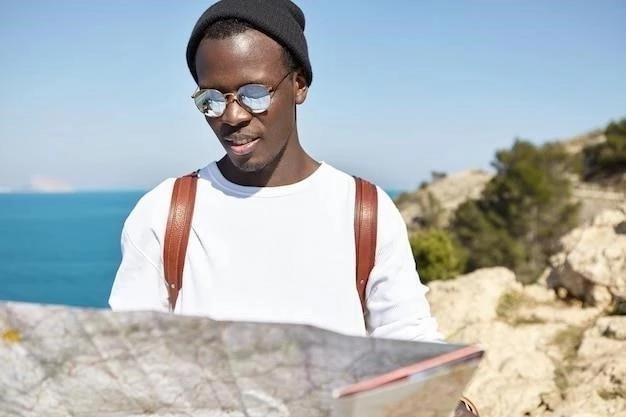
For a more adventurous experience, consider bungee jumping from the Victoria Falls Bridge, white-water rafting through the rapids below the falls, or taking a scenic helicopter ride for aerial views of this natural wonder.
The town of Victoria Falls offers a range of accommodation options, restaurants, and activities to enhance your visit.
Hwange National Park
Hwange National Park, Zimbabwe’s largest and oldest national park, beckons adventurers and wildlife enthusiasts with its vast wilderness and abundant wildlife. Covering an area of over 14,600 square kilometers, Hwange is a sanctuary for an impressive diversity of species, making it a premier safari destination.
The park is particularly renowned for its elephant population, estimated to be one of the largest in Africa. Witnessing these majestic creatures roaming freely in their natural habitat is a truly unforgettable experience. Hwange is also home to a healthy population of lions, leopards, African wild dogs, cheetahs, and a wide variety of plains game, including zebra, giraffe, and buffalo.
Explore the park’s diverse landscapes, from open grasslands and acacia woodlands to salt pans and waterholes, each offering a unique perspective on the park’s ecosystem. Embark on game drives in open 4×4 vehicles, guided bush walks, or horseback safaris for intimate encounters with nature.
Hwange National Park offers a range of accommodation options, from comfortable lodges to remote campsites, allowing you to tailor your experience to your preferences and budget.
Great Zimbabwe National Monument
Journey back in time at Great Zimbabwe National Monument, a UNESCO World Heritage Site that stands as a testament to the architectural prowess and cultural sophistication of the ancient Shona civilization. Located in the heart of Zimbabwe, this sprawling complex of stone ruins is a captivating reminder of a bygone era.
Explore the remnants of a once-thriving city, believed to have been the capital of the Kingdom of Zimbabwe between the 11th and 15th centuries. Marvel at the intricate dry-stone walls, constructed without mortar, that form impressive towers, enclosures, and passageways. The most iconic structure within the complex is the Great Enclosure, a massive circular wall that is thought to have housed the king and his court.
As you wander through the ruins, imagine the bustling city that once stood here, a center of trade, religion, and culture. The site’s museum houses a collection of artifacts unearthed during excavations, providing further insights into the lives and traditions of the people who built and inhabited Great Zimbabwe.
Great Zimbabwe National Monument is a place of both historical and cultural significance, offering a glimpse into the rich heritage of Zimbabwe and the remarkable achievements of its ancestors.
Lake Kariba
Escape to the tranquil shores of Lake Kariba, one of the world’s largest man-made lakes and a scenic destination renowned for its breathtaking sunsets, abundant wildlife, and exceptional fishing opportunities. Created by the damming of the Zambezi River, Lake Kariba spans over 220 kilometers, straddling the border of Zimbabwe and Zambia.
Embark on a leisurely houseboat cruise, gliding along the placid waters while soaking up the panoramic views of the lake and its picturesque shoreline. The sunsets over Lake Kariba are legendary, painting the sky in vibrant hues of orange, gold, and purple.
Lake Kariba is home to a diverse ecosystem, including a healthy population of hippopotamuses, crocodiles, and elephants. Birdwatchers will delight in the variety of avian species that inhabit the lake’s shores and islands. The lake is also renowned for its tiger fishing, attracting anglers from around the world seeking an adrenaline-pumping challenge.
Along the shores of Lake Kariba, you’ll find charming towns and villages, each offering a unique glimpse into local life.
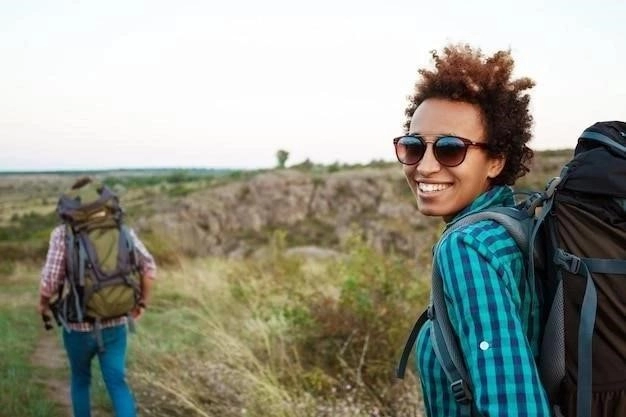
Mana Pools National Park
Embark on an unforgettable wilderness adventure in Mana Pools National Park, a UNESCO World Heritage Site renowned for its pristine beauty, abundant wildlife, and exceptional opportunities for walking safaris. Situated in northern Zimbabwe, where the Zambezi River meanders through a floodplain dotted with acacia woodlands and mahogany forests, Mana Pools offers a truly immersive safari experience.
The park derives its name from the four large pools (Mana means “four” in the local Shona language) that are left behind after the annual floodwaters recede. These pools act as magnets for wildlife, attracting large concentrations of elephants, buffalo, zebra, and a variety of antelope species. Lions, leopards, and African wild dogs are also frequently sighted in the park, drawn by the abundance of prey.
Mana Pools is celebrated for its walking safaris, which allow for intimate encounters with nature and the thrill of tracking wildlife on foot.
Food and Drink
Zimbabwean cuisine, a flavorful fusion of African traditions and European influences, offers a delightful culinary journey for discerning palates. From hearty stews and grilled meats to freshly caught fish and exotic fruits, there’s something to tantalize every taste bud.
A staple in Zimbabwean cuisine is sadza, a thick porridge made from maize meal, often served with a variety of relishes, stews, or grilled meats. Another popular dish is nyama, grilled or roasted meat, typically beef, chicken, or goat, seasoned with a blend of aromatic spices.
For a taste of local flavors, venture beyond the main tourist areas and explore traditional restaurants or try street food stalls. Sample delicacies like biltong (dried meat), boerewors (farmer’s sausage), or magwinya (deep-fried dough balls).
To quench your thirst, try maheu, a fermented drink made from maize meal, or indulge in locally brewed beers like Zambezi Lager or Castle Lite.
Culture and Customs
Zimbabwe boasts a rich cultural tapestry woven from diverse ethnic groups, each with its own unique traditions, languages, and customs. Embracing the local culture and customs is essential for a rewarding and respectful travel experience.
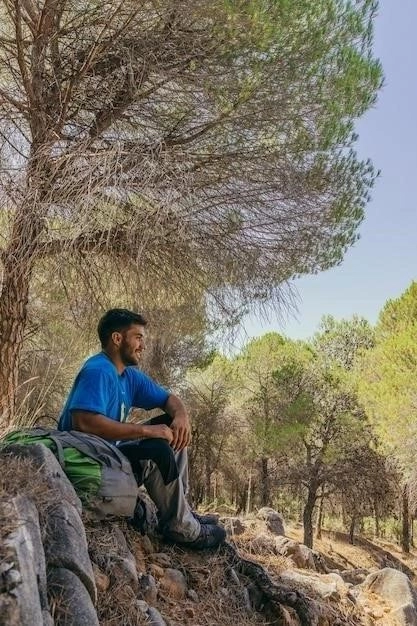
Zimbabweans are known for their warm hospitality and welcoming nature. A simple greeting of “Mhoroi” (Hello in Shona) or “Sawubona” (Hello in Ndebele) goes a long way in establishing a positive rapport.
When interacting with locals, it’s customary to show respect for elders by using formal titles such as “Sekuru” (Uncle) or “Ambuya” (Aunt). It’s also polite to ask permission before taking photographs of people, especially in rural areas.
Zimbabwe has a strong tradition of music and dance, with vibrant rhythms and energetic performances that reflect the country’s cultural diversity. If you have the opportunity, attend a local music or dance performance to experience the infectious energy and cultural richness firsthand.



